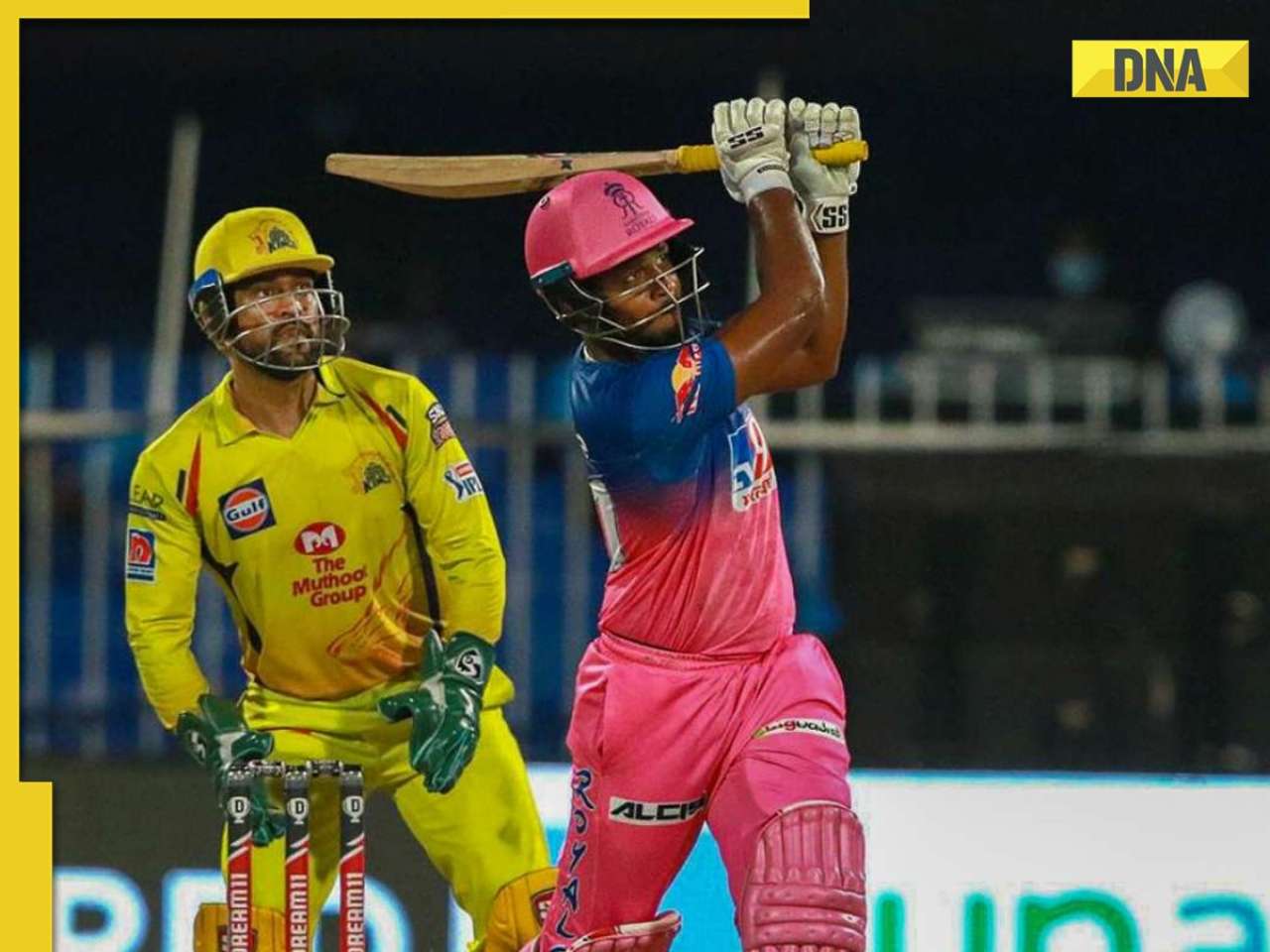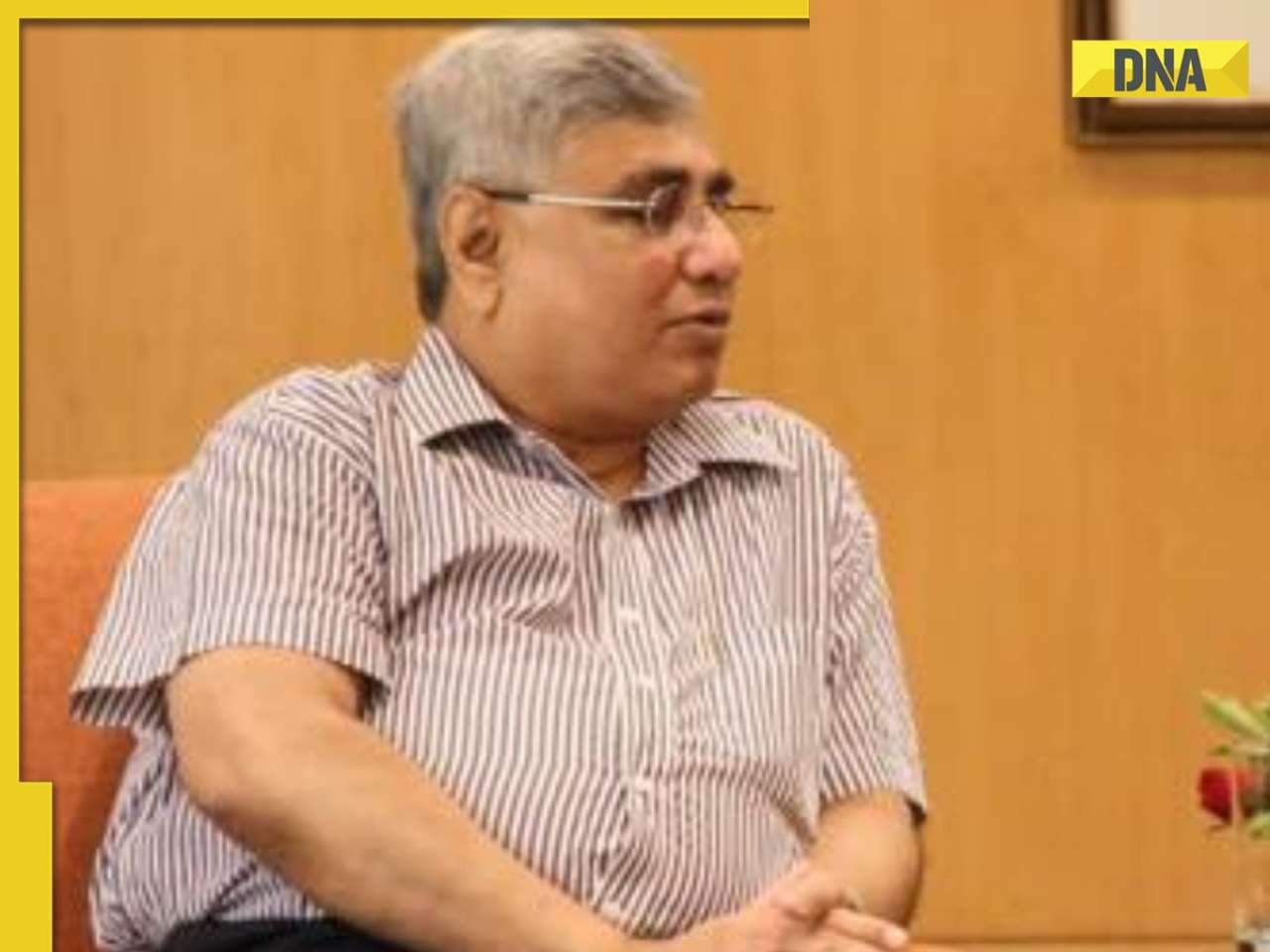India will propose common global prudential and regulatory standards for financial institutions at the G-20 Summit here on Saturday
WASHINGTON: India will propose common global prudential and regulatory standards for financial institutions at the G-20 Summit here on Saturday and is expected to bluntly tell the West reeling under the economic crisis not to get into a "protectionist cocoon" and instead encourage free flow of goods, services and capital.
Prime Minister Manmohan Singh is likely to tell leaders from countries like the United States, Britain, France and Germany that the economic crisis should not be used as an excuse to adopt protectionist policies.
Articulating New Delhi's position, Finance Minister P Chidambaram, accompanying the Prime Minister, explained that getting into a "protectionist cocoon" would be the worst way to resolve the crisis.
US President George W Bush has called the G-20 summit this weekend that will bring together leaders from 20 of the world's biggest developed and developing economies to discuss ways to tackle the global financial crisis, including possible recession and massive job losses.
"If we can agree upon a common prudential and regulatory standards and then ask national regulators to apply those standards, there can be some kind of a global oversight, where the national regulators are doing their job," Chidambaram said.
"It is very important that the few countries that can drive economic growth and other countries which have got on to the bandwagon of development should not suffer. These countries should not be made to suffer," he said.
Chidambaram said more resources must be made available to these countries, including India, so that they continue to grow and drive others' development.
Chidambaram said India feels that there is a need for the world to move towards a new order of global investment which is possible only by greater inclusivity in the international financial system.
"In many ways the International Monetary Fund (IMF) has been unable to be an early warning system. The G-7 is too narrow and too small. An inclusive system which can serve as a global oversight and serve as an early warning system is needed," he told reporters accompanying the Prime Minister.
Asked if he was talking about a global regulator, Chidambaram said regulation in the present context was a function that national regulators would loathe to give up.
Chidambaram noted that Prime Minister has made it clear that to overcome the current financial crisis, three points had to be dealt with -- the need for greater inclusivity in the global financial systems, to ensure that the growth prospects of the developing countries do not suffer and to avoid protectionist tendencies.
"The key point is we must move towards a new order of global investment. This can become possible only by greater inclusivity in the international financial system."
He said while the world grapples with the economic crisis, the countries most affected by it find their growth prospects hampered.
"We must not forget that there are only a handful of economies that are driving the world's economic growth," the minister said, citing India and China as examples.
Some others also have the ability to become drivers of growth, but they too are affected by the economic crisis, he said.
"The crisis should not be an excuse to go into protectionist cocoon. That will be the worst way to resolve the crisis. We must try to encourage free flow of goods and services and we must continue to enhance the flow of capital," Chidambaram said.
Chidambaram noted that Singh has emphasised that this is not the time to adopt protectionist policies. "This would require deep thought and deliberation and quick agreement among the leaders."
He said nations should agree to locate resources and also agree upon the channels through which this resources would be made available and diverted to the developing countries.
"These could be existing multinational institutions or we could devise an ad-hoc fund dispersing mechanism and finally the international institution, which constitutes the global financial architecture, must be reformed."
Chidambaram felt that he did not think regulation of the world's financial system could be raised to a global level.
"That will be too ambitious and perhaps not possible in today's context," he said, adding there must be some ways by which countries would have a global oversight with commonly accepted regulatory and prudential standards overseen by national regulators.
"These are things that are to be talked to. These are formative ideas," he said ahead of the G-20 meeting, in preparation for which Planning Commission Deputy Chairman Montek Singh Ahluwalia and Department of Economic Affairs Secretary Ashok Chawla are already here.
Chidambaram said in retrospect it was clear that if there had been effective surveillance mechanism, it could have identified the huge risks that had been taken by some international financial institutions.
In the absence of such a surveillance or oversight mechanism, these financial institutions, some of which collapsed, took unacceptable risks causing a crisis in US.
"So what we talked about in Sao Paulo (at the G-20 Finance Ministers' meet) or what we will talk about in Washington and can agree upon is such a global oversight mechanism. I don't know what shape it will take. But we need to talk about it," he said.
![submenu-img]() Aamir Khan was unsure if censor board would clear Sarfarosh over mentions of Pakistan, ISI: 'If Advani ji can say...'
Aamir Khan was unsure if censor board would clear Sarfarosh over mentions of Pakistan, ISI: 'If Advani ji can say...'![submenu-img]() Gurucharan Singh missing case: Delhi Police questions TMKOC cast and crew, finds out actor's payments were...
Gurucharan Singh missing case: Delhi Police questions TMKOC cast and crew, finds out actor's payments were...![submenu-img]() 'You all are scaring me': Preity Zinta gets uncomfortable after paps follow her, video goes viral
'You all are scaring me': Preity Zinta gets uncomfortable after paps follow her, video goes viral![submenu-img]() Viral video: Influencer dances with gun in broad daylight on highway, UP Police reacts
Viral video: Influencer dances with gun in broad daylight on highway, UP Police reacts![submenu-img]() Family applauds and cheers as woman sends breakup text, viral video will make you laugh
Family applauds and cheers as woman sends breakup text, viral video will make you laugh![submenu-img]() DNA Verified: Is CAA an anti-Muslim law? Centre terms news report as 'misleading'
DNA Verified: Is CAA an anti-Muslim law? Centre terms news report as 'misleading'![submenu-img]() DNA Verified: Lok Sabha Elections 2024 to be held on April 19? Know truth behind viral message
DNA Verified: Lok Sabha Elections 2024 to be held on April 19? Know truth behind viral message![submenu-img]() DNA Verified: Modi govt giving students free laptops under 'One Student One Laptop' scheme? Know truth here
DNA Verified: Modi govt giving students free laptops under 'One Student One Laptop' scheme? Know truth here![submenu-img]() DNA Verified: Shah Rukh Khan denies reports of his role in release of India's naval officers from Qatar
DNA Verified: Shah Rukh Khan denies reports of his role in release of India's naval officers from Qatar![submenu-img]() DNA Verified: Is govt providing Rs 1.6 lakh benefit to girls under PM Ladli Laxmi Yojana? Know truth
DNA Verified: Is govt providing Rs 1.6 lakh benefit to girls under PM Ladli Laxmi Yojana? Know truth![submenu-img]() Mother's Day 2024: Bollywood supermoms who balance motherhood, acting, and run multi-crore businesses
Mother's Day 2024: Bollywood supermoms who balance motherhood, acting, and run multi-crore businesses![submenu-img]() Rocky Aur Rani's Golu aka Anjali Anand shocks fans with drastic weight loss without gym, says fitness secret is...
Rocky Aur Rani's Golu aka Anjali Anand shocks fans with drastic weight loss without gym, says fitness secret is...![submenu-img]() In pics: Ram Charan gets mobbed by fans during his visit to Pithapuram for ‘indirect campaign’ for uncle Pawan Kalyan
In pics: Ram Charan gets mobbed by fans during his visit to Pithapuram for ‘indirect campaign’ for uncle Pawan Kalyan![submenu-img]() Streaming This Week: Yodha, Aavesham, Murder In Mahim, Undekhi season 3, latest OTT releases to binge-watch
Streaming This Week: Yodha, Aavesham, Murder In Mahim, Undekhi season 3, latest OTT releases to binge-watch![submenu-img]() Aamir Khan, Naseeruddin Shah, Sonali Bendre celebrate 25 years of Sarfarosh, attend film's special screening
Aamir Khan, Naseeruddin Shah, Sonali Bendre celebrate 25 years of Sarfarosh, attend film's special screening![submenu-img]() Haryana Political Crisis: Will 3 independent MLAs support withdrawal impact the present Nayab Saini led-BJP government?
Haryana Political Crisis: Will 3 independent MLAs support withdrawal impact the present Nayab Saini led-BJP government?![submenu-img]() DNA Explainer: Why Harvey Weinstein's rape conviction was overturned, will beleaguered Hollywood mogul get out of jail?
DNA Explainer: Why Harvey Weinstein's rape conviction was overturned, will beleaguered Hollywood mogul get out of jail?![submenu-img]() What is inheritance tax?
What is inheritance tax?![submenu-img]() DNA Explainer: What is cloud seeding which is blamed for wreaking havoc in Dubai?
DNA Explainer: What is cloud seeding which is blamed for wreaking havoc in Dubai?![submenu-img]() DNA Explainer: What is Israel's Arrow-3 defence system used to intercept Iran's missile attack?
DNA Explainer: What is Israel's Arrow-3 defence system used to intercept Iran's missile attack?![submenu-img]() Aamir Khan was unsure if censor board would clear Sarfarosh over mentions of Pakistan, ISI: 'If Advani ji can say...'
Aamir Khan was unsure if censor board would clear Sarfarosh over mentions of Pakistan, ISI: 'If Advani ji can say...'![submenu-img]() Gurucharan Singh missing case: Delhi Police questions TMKOC cast and crew, finds out actor's payments were...
Gurucharan Singh missing case: Delhi Police questions TMKOC cast and crew, finds out actor's payments were...![submenu-img]() 'You all are scaring me': Preity Zinta gets uncomfortable after paps follow her, video goes viral
'You all are scaring me': Preity Zinta gets uncomfortable after paps follow her, video goes viral![submenu-img]() First Indian film to be insured was released 25 years ago, earned five times its budget, gave Bollywood three stars
First Indian film to be insured was released 25 years ago, earned five times its budget, gave Bollywood three stars![submenu-img]() Mother’s Day Special: Mom-to-be Richa Chadha talks on motherhood, fixing inequalities for moms in India | Exclusive
Mother’s Day Special: Mom-to-be Richa Chadha talks on motherhood, fixing inequalities for moms in India | Exclusive![submenu-img]() Kolkata Knight Riders become first team to qualify for IPL 2024 playoffs after thumping win over Mumbai Indians
Kolkata Knight Riders become first team to qualify for IPL 2024 playoffs after thumping win over Mumbai Indians![submenu-img]() IPL 2024: This player to lead Delhi Capitals in Rishabh Pant's absence against Royal Challengers Bengaluru
IPL 2024: This player to lead Delhi Capitals in Rishabh Pant's absence against Royal Challengers Bengaluru![submenu-img]() RCB vs DC IPL 2024: Predicted playing XI, live streaming details, weather and pitch report
RCB vs DC IPL 2024: Predicted playing XI, live streaming details, weather and pitch report![submenu-img]() CSK vs RR IPL 2024: Predicted playing XI, live streaming details, weather and pitch report
CSK vs RR IPL 2024: Predicted playing XI, live streaming details, weather and pitch report![submenu-img]() RCB vs DC IPL 2024 Dream11 prediction: Fantasy cricket tips for Royal Challengers Bengaluru vs Delhi Capitals
RCB vs DC IPL 2024 Dream11 prediction: Fantasy cricket tips for Royal Challengers Bengaluru vs Delhi Capitals![submenu-img]() Viral video: Influencer dances with gun in broad daylight on highway, UP Police reacts
Viral video: Influencer dances with gun in broad daylight on highway, UP Police reacts![submenu-img]() Family applauds and cheers as woman sends breakup text, viral video will make you laugh
Family applauds and cheers as woman sends breakup text, viral video will make you laugh![submenu-img]() Man grabs snake mid-lunge before it strikes his face, terrifying video goes viral
Man grabs snake mid-lunge before it strikes his face, terrifying video goes viral![submenu-img]() Viral video: Man wrestles giant python, internet is scared
Viral video: Man wrestles giant python, internet is scared![submenu-img]() Viral video: Delhi University girls' sizzling dance to Haryanvi song sets the internet ablaze
Viral video: Delhi University girls' sizzling dance to Haryanvi song sets the internet ablaze




































)


















)
)
)
)
)
)